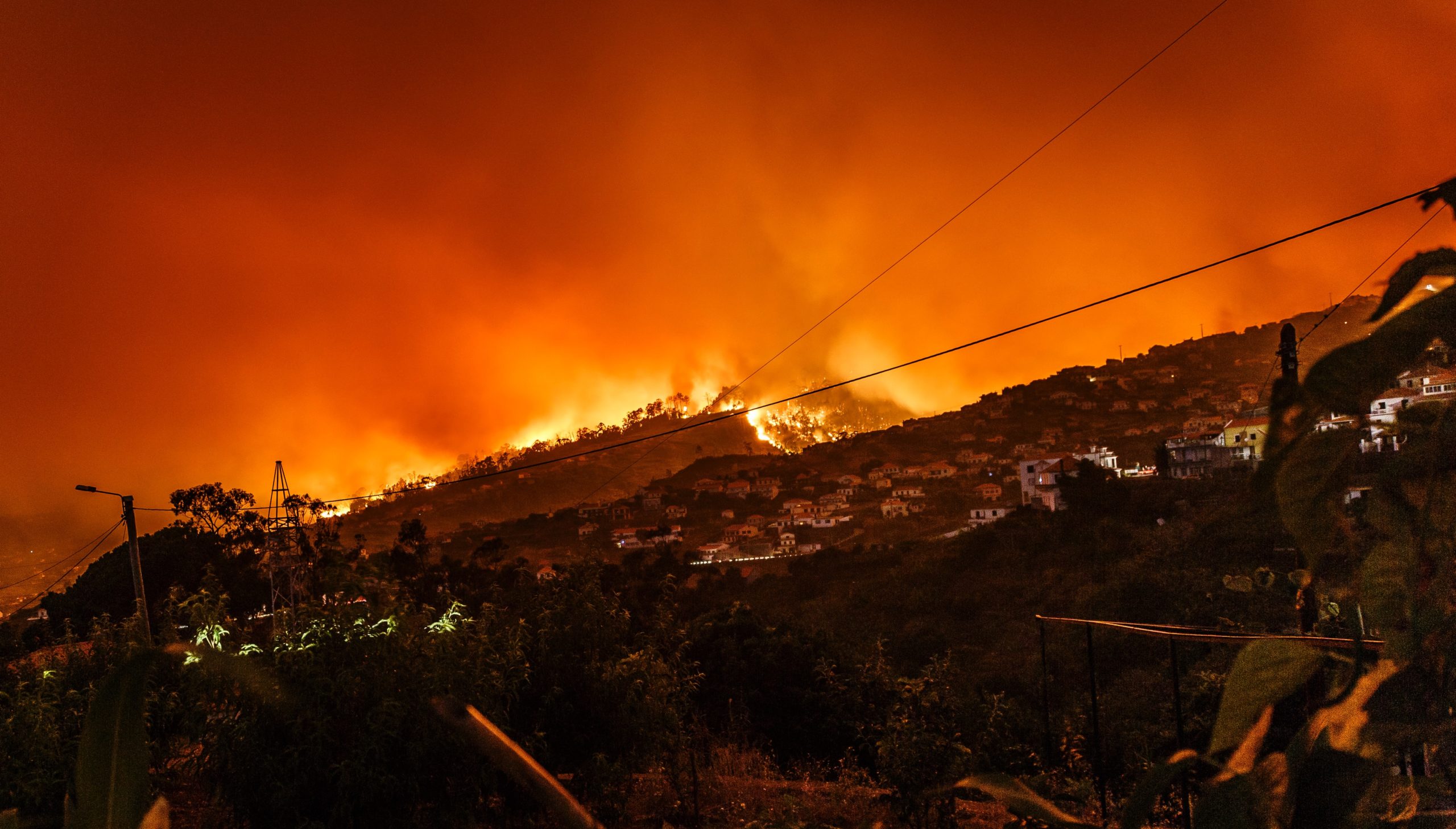11/2/2020
The California wildfires of October 2019 affected vast swaths of residents, forcing hundreds of thousands to evacuate their homes and many to lose their homes entirely. But a great deal of California residents who didn’t have to evacuate were impacted by something else: blackouts, caused intentionally by Pacific Gas & Electric (PG&E) in order to reduce the risk of starting fires during dangerous conditions.
These so-called Public Safety Power Shutoffs are justified by the concern that high winds could fell trees, sending them crashing into power lines, which might then shoot off sparks that land on dry brush or other fire-prone land. When implemented well, this technique isn’t overly harmful to the people who lose power. But in the case of the October 2019 fires, PG&E gave no notification to tens of thousands of their customers that their power was going to be suddenly shut off, and some were without power for up to a week. Abruptly losing power with no warning and for so long is a big problem for people who use medical devices that are essential to their survival and require steady electricity to function. And, to make matters worse, because so many people were trying to figure out what had caused the blackouts and when their electricity would be restored by visiting PG&E’s website, the site was overwhelmed with traffic and inaccessible for days for many customers.
Recently, the California Public Utilities Commission’s “independent consumer watchdog arm” has recommended that PG&E be fined almost $166 million for its failures to warn customers of impending blackouts and the inaccessibility of its website during that critical period of time. PG&E has responded that the company shouldn’t have to pay anything; that it “undertook a months-long process to educate, prepare, and support” customers before the 2019 fire season and managed to notify 1.75 million customers (which comprised “over 97% of the population affected” by the blackouts). PG&E isn’t the only California electricity company to use planned blackouts as a method of reducing fire risk–Southern California Edison and San Diego Gas & Electric have used the same technique–but no other company has done so to the extent PG&E has, and the others have avoided the massive missteps PG&E has made.
So, is fining PG&E for its actions ethically right? The company already filed for bankruptcy early last year due to about $30 billion in liability stemming from California wildfires, and it only just got out of bankruptcy court this past summer. Will a $166 million fine do anything to affect PG&E’s future actions, when the company must be well aware of where they went wrong already, and it’s possible (though perhaps unlikely) that money could instead be used by the company to reduce fire hazards?
Also, to what extent should planned blackouts be used to lower fire risk at all? At what point does the potential risk of a fire caused by downed power lines outweigh the harm, economic loss, and sheer inconvenience those blackouts pose to the people affected by them?

